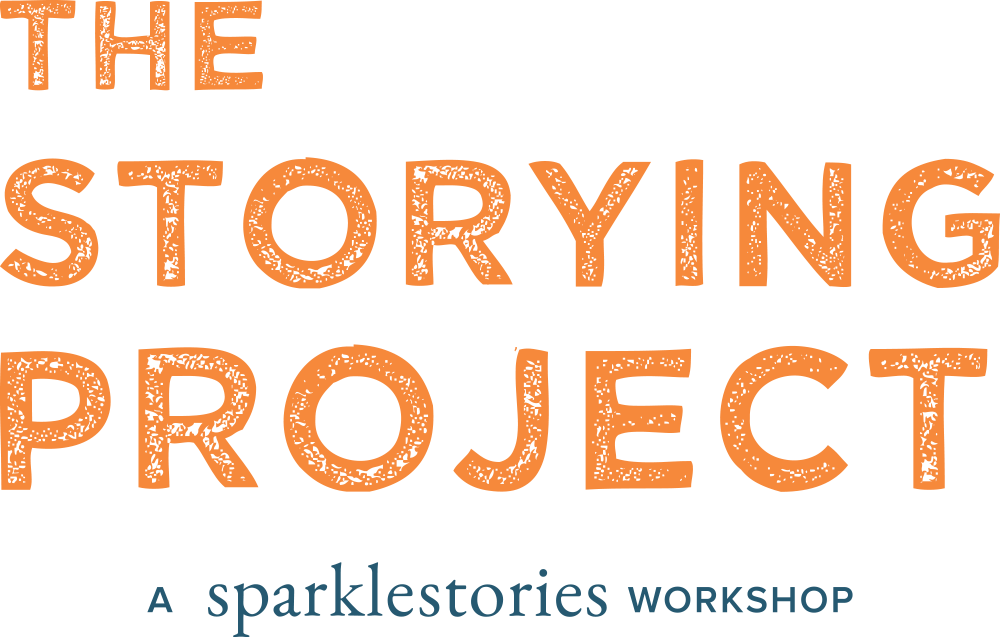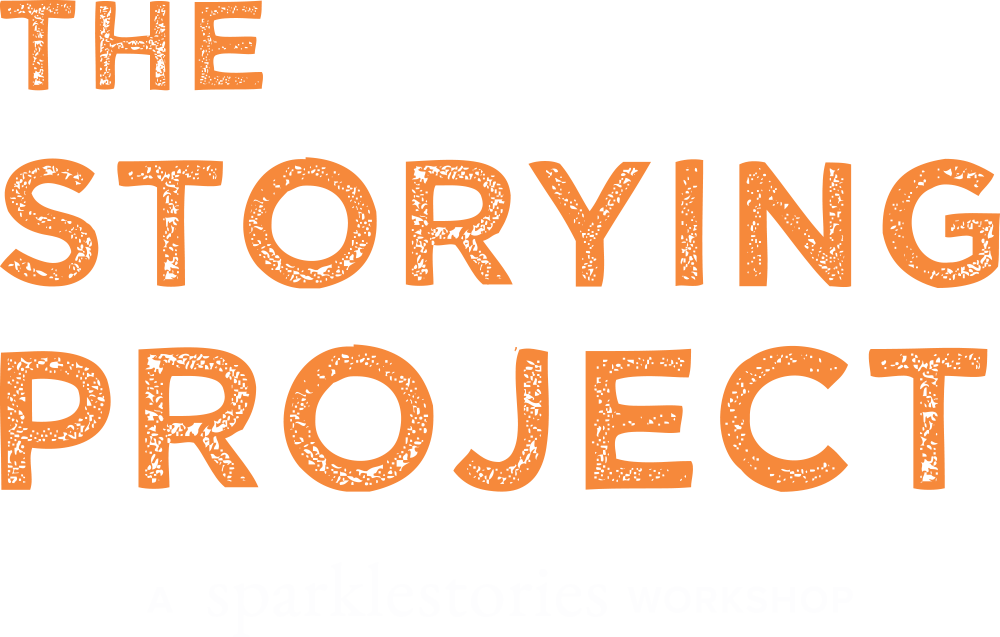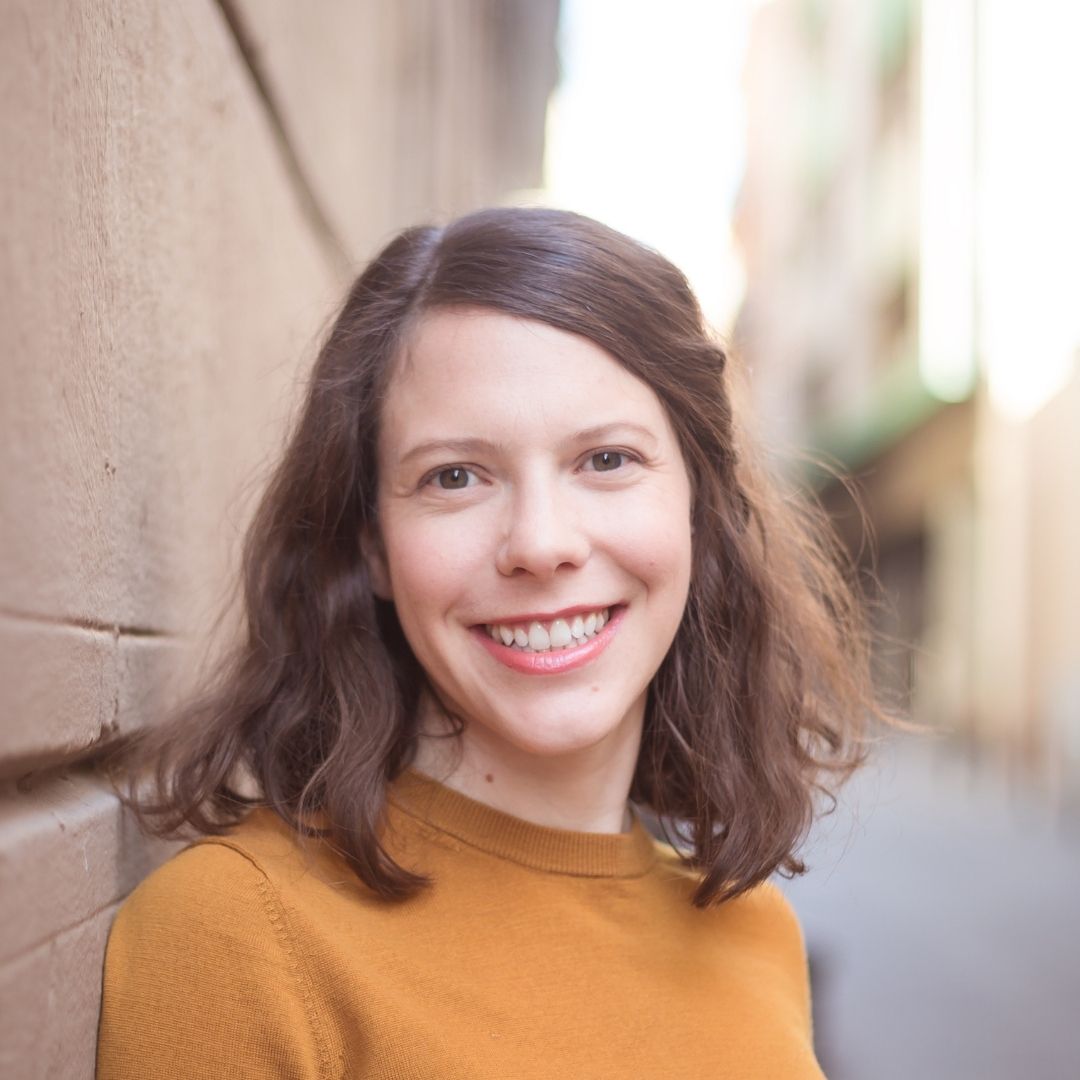Episode 1 | Aug 11, 2021
Kids are doing science all the time.
Lindsay Patterson
Lindsay Patterson is the co-host of Tumble Science Podcast for Kids. She is also the CEO and co-founder of Tumble Media, which has pioneered the world of children’s podcasts since 2015. As we hear more of Lindsay’s story, we learn that she was originally drawn to storytelling through humanities and gravitated toward journalism. It was through her first interview with a scientist that her interest in science was piqued. David and Lindsay begin their conversation from a foundational examination. What do we actually mean when we use the word “science”?
- Read More
- Read Less
With the Tumble Science Podcast for Kids, Lindsay taps into her storytelling skills to introduce kids to the wonders of science. Even if children don’t want to enter STEM careers, it’s interesting to learn about science — and it’s also essential. She wants children to know that even though scientists don’t have all the answers,...
More About the Guest:
With the Tumble Science Podcast for Kids, Lindsay taps into her storytelling skills to introduce kids to the wonders of science. Even if children don’t want to enter STEM careers, it’s interesting to learn about science — and it’s also essential. She wants children to know that even though scientists don’t have all the answers, science allows us to continue to look for them. The process of science is evolving and alive. Furthermore, through this process we are able to learn new things about our world. When we encourage children to be inquisitive and approach the world with a scientific mindset, we are giving them tools to navigate the world around them and affect positive, necessary changes.
More About The Conversation:
Lindsay’s insights are distilled in the sentiment: “Science is a community and a process.” In her conversation with David, she points out that science is a way of looking at and understanding the world. It is not a set of facts. On the contrary, it is an evolving body of knowledge based on the best evidence that we have right now. And because of that, it often entails discovering (and correcting) mistakes when more information comes along. Just like storytelling, science begins with observation. Childhood is full of endless exploration and discovery. Consequently, it is the principles of science that actually drive many of those early experiences, whether we recognize it or not. Kids are doing science all the time!
About the Story:
When David asks, “What do you think children need to hear right now?” Lindsay explains that the world becomes a better place when we help children understand how science works. If we inspire children to understand the scientific process, they will be able to easily apply it to different situations they encounter. Lindsay and David build a story around two very different sisters — Emma and Janie. These two girls represent two different ways of navigating the world. One explores the tactile world of discovery. The other uses creativity and imagination, often in the world of books or stories. While on a family trip in Catalonia, Spain, their experiences collide. These sisters connect in an unexpected way over their discovery of the rare Spanish Moon Moth. They learn that, whether in books or in real life, kids are doing science all the time. Lindsay and David do some real-time science exploration themselves during their conversation to settle on the precise species chosen for this story. Thanks to the community at inaturalist.org, you can see some stunning photos of this rare butterfly.
Explore more from the episode:
To find those favorite Tumble episodes Lindsay mentioned:
Th Science of Poop with Mary Roach
And Visit Tumble Science Podcast for Kids, to stay updated on their upcoming podcasts.
This episode was recorded on May 28, 2021.
Episode 1 | Aug 11, 2021
Kids are doing science all the time.
Lindsay Patterson
Lindsay Patterson is the co-host of Tumble Science Podcast for Kids. She is also the CEO and co-founder of Tumble Media, which has pioneered the world of children’s podcasts since 2015. As we hear more of Lindsay’s story, we learn that she was originally drawn to storytelling through humanities and gravitated toward journalism. It was through her first interview with a scientist that her interest in science was piqued. David and Lindsay begin their conversation from a foundational examination. What do we actually mean when we use the word “science”?
- Read More
- Read Less
With the Tumble Science Podcast for Kids, Lindsay taps into her storytelling skills to introduce kids to the wonders of science. Even if children don’t want to enter STEM careers,...
More About the Guest:
With the Tumble Science Podcast for Kids, Lindsay taps into her storytelling skills to introduce kids to the wonders of science. Even if children don’t want to enter STEM careers, it’s interesting to learn about science — and it’s also essential. She wants children to know that even though scientists don’t have all the answers, science allows us to continue to look for them. The process of science is evolving and alive. Furthermore, through this process we are able to learn new things about our world. When we encourage children to be inquisitive and approach the world with a scientific mindset, we are giving them tools to navigate the world around them and affect positive, necessary changes.
More About The Conversation:
Lindsay’s insights are distilled in the sentiment: “Science is a community and a process.” In her conversation with David, she points out that science is a way of looking at and understanding the world. It is not a set of facts. On the contrary, it is an evolving body of knowledge based on the best evidence that we have right now. And because of that, it often entails discovering (and correcting) mistakes when more information comes along. Just like storytelling, science begins with observation. Childhood is full of endless exploration and discovery. Consequently, it is the principles of science that actually drive many of those early experiences, whether we recognize it or not. Kids are doing science all the time!
About the Story:
When David asks, “What do you think children need to hear right now?” Lindsay explains that the world becomes a better place when we help children understand how science works. If we inspire children to understand the scientific process, they will be able to easily apply it to different situations they encounter. Lindsay and David build a story around two very different sisters — Emma and Janie. These two girls represent two different ways of navigating the world. One explores the tactile world of discovery. The other uses creativity and imagination, often in the world of books or stories. While on a family trip in Catalonia, Spain, their experiences collide. These sisters connect in an unexpected way over their discovery of the rare Spanish Moon Moth. They learn that, whether in books or in real life, kids are doing science all the time. Lindsay and David do some real-time science exploration themselves during their conversation to settle on the precise species chosen for this story. Thanks to the community at inaturalist.org, you can see some stunning photos of this rare butterfly.
Explore more from the episode:
To find those favorite Tumble episodes Lindsay mentioned:
Th Science of Poop with Mary Roach
And Visit Tumble Science Podcast for Kids, to stay updated on their upcoming podcasts.
This episode was recorded on May 28, 2021.



